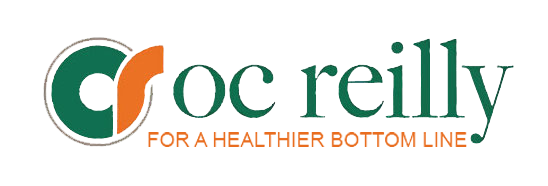By Bob Hardy, Senior Director, Strategic Sourcing, OC Reilly, Inc.
While it wouldn’t surprise anyone to know that the health care system in the U.S. continues to experience change, perhaps the fact that most of it occurs in venues outside of hospitals and clinics might. And the notion that supply chain can add value in those unexpected locations may be even more of a surprise.
Yet that it is the idea offered by experts cited in the December 2018 issue of “Supply Chain Strategies & Solutions” magazine.
“Today, 95 percent of patient visits take place in non-acute settings, from the physicians office to patients’ homes,” the article states. “This volume is likely to grow as health systems turn to new models designed to impact the health of target patient populations.
“Supply chain professionals have not traditionally played an active role in non-acute care settings. They are increasingly being called upon to take control of products and services in this space. The non-acute space represents about two percent of spending, (but) it generates 30 percent of their headaches due to lack of maturity in processes and technology.”
To remedy this issue, the article suggests a series of steps, following the lead of health systems that have made the transition successfully.
The first is a shift in mindset among supply chain managers to accept their role in serving the non-acute space as an important piece of the overall service puzzle. The next step calls for health systems to provide supply chain experts a seat at the decision-making table, inviting and incorporating their expertise to help connect quality products and physicians/clinicians in a cost-effective manner. The input from supply chain needs to begin early in the deliberation process.
Additional steps include actively engaging physicians and clinicians in this expanded partnership, and incorporating technology and data effectively.
“Supply chain experts must think historically about the entire care continuum, engage stakeholders in the process, and leverage supply chain expertise to drive organizational initiatives,” the article concludes.
The OC Reilly team understands this opportunity and can help maximize supply chain effectiveness in non-acute settings. Contact us for more information.
© 2019 OC Reilly, Inc.
